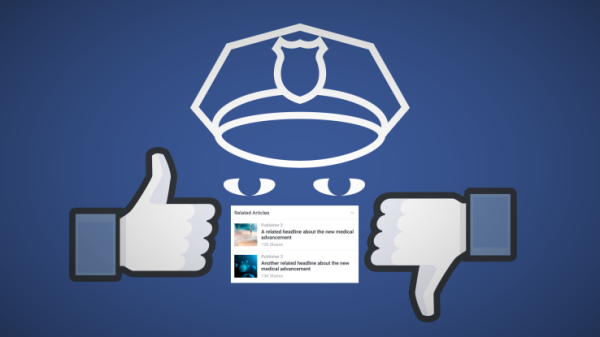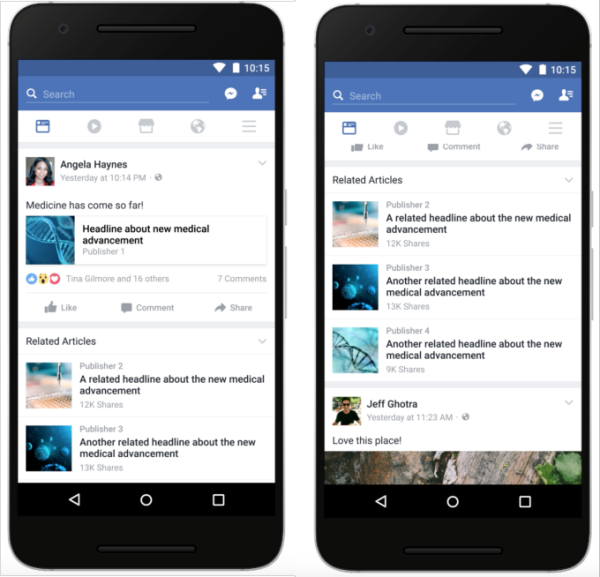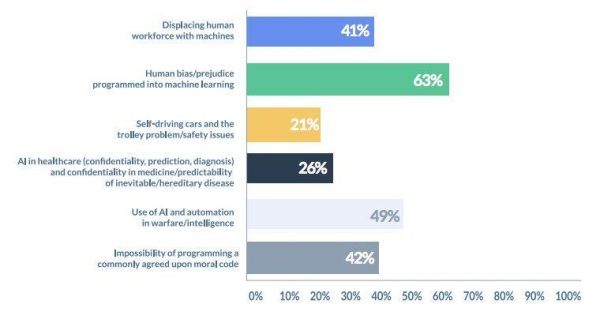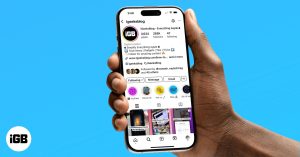Facebook shows Related Articles and fact checkers before you open links

Facebook wants you to think about whether a headline is true and see other perspectives on the topic before you even read the article. In its next step against fake news, Facebook today begins testing a different version of its Related Articles widget that normally appears when you return to the News Feed after opening a link. Now Facebook will also show Related Articles including third-party fact checkers before you read an article about a topic that many people are discussing.
Facebook says “That should provide people easier access to additional perspectives and information, including articles by third-party fact-checkers.”
Essentially, rather than trying to convince someone that what they just read might be exaggerated, overly biased, or downright false, Facebook wants to raise people’s suspicions before they’re indoctrinated with lies and embellishments. The feature could break you out of your filter bubble before you fall in any deeper.
If you saw a link saying “Chocolate cures cancer!” from a little-known blog, the Related Article box might appear before you click to show links from the New York Times or a medical journal noting that while chocolate has antioxidants that can lower your risk for cancer, it’s not a cure. If an outside fact checker like Snopes had debunked the original post, that could appear in Related Articles too.
Facebook says this is just a test, so it won’t necessarily roll out to everyone unless it proves useful. It notes that Facebook Pages should not see a significant change in the reach of their News Feed posts. There will be no ads surfaced in Related Articles.
Facebook originally launched Related Articles in 2013 to surface more interesting links about a topic you just read. But after being criticized for allowing fake news to proliferate during the 2016 US presidential election, Facebook began working with third-party fact checkers to append warnings to disputed articles.
Mark Zuckerberg later said in his humanitarian manifesto that one way to combat the problem was by broadening people’s views. “A more effective approach is to show a range of perspectives, let people see where their views are on a spectrum and come to a conclusion on what they think is right. Over time, our community will identify which sources provide a complete range of perspectives so that content will naturally surface more.”
Some publishers might not be excited about their more well-known competitors potentially hijacking their readers through Related Articles. But as Facebook seeks to fight the scourge of fake news without necessarily becoming the arbiter of truth itself, its best bet may be to expose a range of opinions about a topic and hope people understand the most outlandish (and viral) takes might not be worth reading.











